About
Our Board
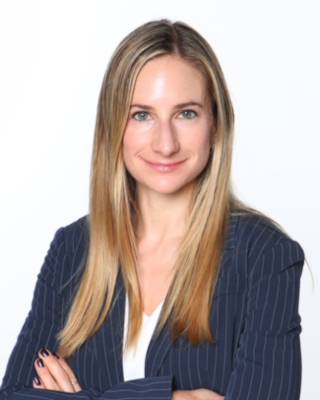
Emily Ast, Esq.
FPA provides critical and invaluable knowledge to residents, fellows and early career physicians that can enable them to accelerate their career, and they are able to learn from both physicians and industry representatives. Having faculty who are physicians, CEOs, distributors, top industry executives, lawyers, financial advisors and more in one place is incredibly unique and gives attendees an inside perspective on the issues that physicians face today. On top of that, the environment is open and honest, with faculty and attendees sharing real world experiences about navigating careers in many settings and attendees walk away with practical ideas and guidance to kickstart their careers. I love being involved because I see the way this course helps set people up for career success and truly changes people’s lives!
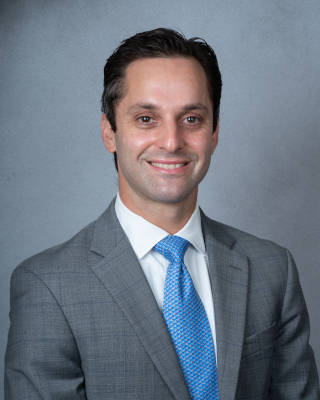
Michael Ast, MD, FAAOS
Chief Medical Innovation Officer
Vice-Chair, HSS Innovation Institute
Hospital for Special Surgery
Medical education typically focuses on patient diagnosis, treatment, and [surgical] technique. This leaves a void when it comes to important concepts such as building and managing a practice, participating in the business of healthcare leadership, and advancing the goals of value-based care. The FPA allows physicians to teach the next generation of healthcare leaders to be not only great doctors but also active voices for their patients, their practice and the larger healthcare system.
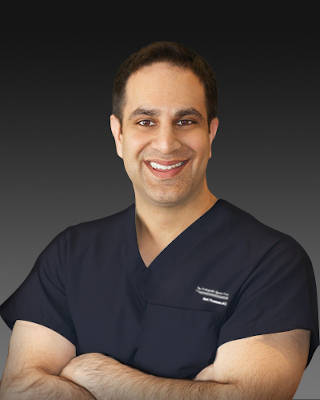
Neil Badlani, MD, MBA
Chair: IEP Young Spine Surgeons Conference
Physicians should be the primary leaders in the healthcare field. It’s better for our patients when we are in control which is why I’m passionate about helping my colleagues learn from my own successes and failures in the economics and entrepreneurship of medicine. Our goal is to provide educational tools to physicians to maintain autonomy, maximize our financial value, and formulate a strategy to best control our own careers and the future of healthcare.
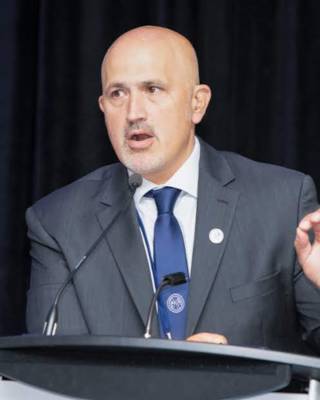
Michael P. Bolognesi, MD, FAAOS
Chief: Division of Adult Reconstruction
Fellowship Director: Total Joint
Duke University Medical Center
There are education gaps in surgical training that occur at the residency and the Fellowship level, such as teaching people how to build and run a successful practice. Since academic faculty have so much to cover from a clinical standpoint, the business side gets left behind. Those gaps are what this Foundation was created to address in the form of courses, mentoring and other educational platforms as the Foundations grows.
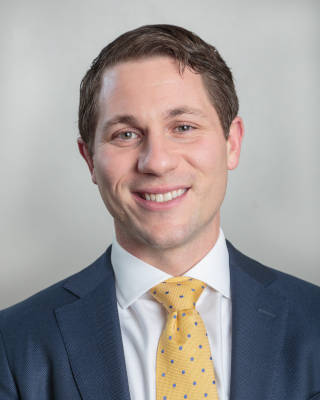
Brian Culp, MD, FAAOS
Penn Medicine – Princeton Hospital
Adult Reconstruction Division,
Princeton Orthopaedic Associates
Chair, FPA
As a surgeon in private practice, running a business is as much a part of my career as the clinical aspects I’ve spent years learning. Unfortunately, there is limited opportunity for aspiring surgeons to learn about these critical concepts of business in medicine. This program is a way to share that teaching with young surgeons. It’s our way of paying it forward to the next generation so that they can flourish in their lives and practices.
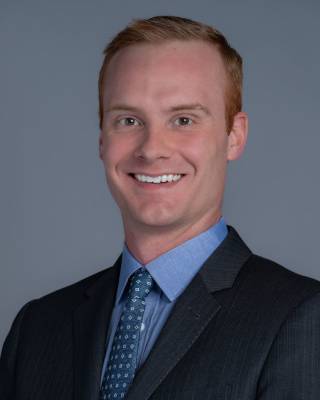
Carl Herndon, MD
Division of Hip and Knee Replacement
Columbia University
In medical school, residency, and beyond we are trained in the art and science of patient care at the bedside, in the OR, and the clinic. To be a successful physician, you need to excel at all of that, but as the landscape shifts and other entities enter into the patient care mix we need to take a seat at the table, and speak/understand their language. I was fortunate enough to attend FPA events and leaning into this aspect of medicine and consider it the best practical education I’ve ever received. I am honored to be a part of that now as we pass that along to the next generation.
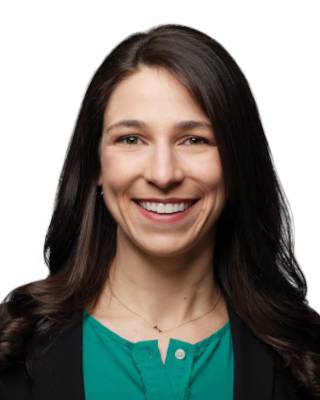
Elizabeth Lieberman, MD
Money, politics, and religion might be off-limits for the Thanksgiving dinner table, but they’re also rarely discussed in medical school or residency training. However, our ability to deliver patient care relies on successful business practices, engaged surgeon leaders, and diverse representation. The Foundation for Physician Advancement (FPA) has created the perfect forum to discuss these topics and learn how to incorporate them with our clinical and scientific knowledge to build a successful practice.
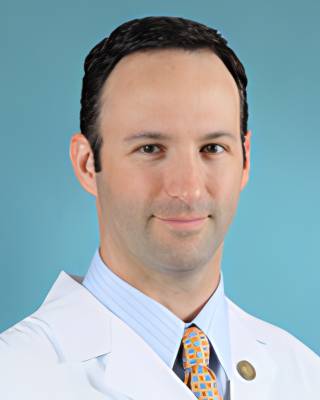
Ryan Nunley, MD, FAAOS
Associate Professor, Department of Orthopaedic Surgery
Washington University
Secretary, FPA
Fee for service is an easy concept for physicians to understand, you do good work, and you bill for your services. Over the last decade we started seeing a shift towards value-based care and it’s put our industry into a tailspin. We’re in a new era of healthcare and the fact is, if you don’t take control and educate yourself on the business side of your practice, value-based care will eat you alive. We started this Foundation to share what we’ve done to adjust our practices and better prepare our future peers so you can take a driver’s seat instead of being swept away in the tide.

Marney Reid
Marney Reid Consulting LLC
Assistant Treasurer, FPA
Educating residents and fellows has been a passion of mine for over a decade. When I started in the industry, as a surgical device sales representative, I got to spend time with surgeons in training and was shocked at how little they were taught about business. Being able to take my business acumen, and apply it to help those that serve their patients is one of the most gratifying experiences of my career!
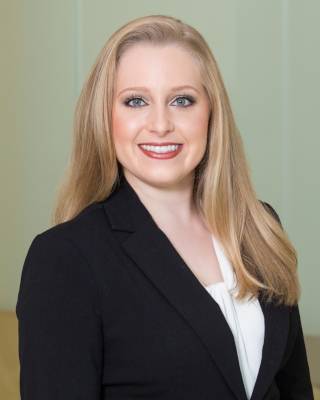
Kate Lee Smith, MBA
Founder and CEO, Motion Innovative Consulting
Over the past nine years, I’ve partnered with physicians to solve intricate business challenges related to launching and managing successful ASCs. My tie to healthcare is also personal as I have supported my sister’s journey through both medical school and residency. Our conversations revealed a gap in physician training around managing a practice and the business side of medicine. Joining FPA allows me to utilize my experience to empower the generation of healthcare leaders. Together, we can create a transformative educational environment that integrates medical and business knowledge.
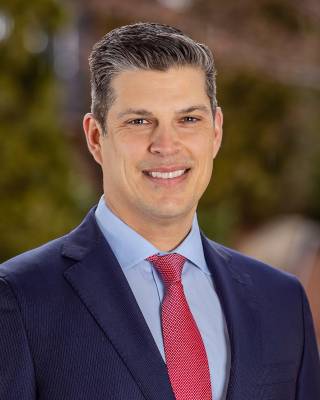
Bryan Springer, MD
Mayo Clinic Florida
Vice Chair, FPA
There remains a significant void in an important aspect of our medical education and the Foundation For Physician Advancement was designed and developed to fill that void. We as physicians are solely focused on the care of our patients, but oftentimes fail to realize how building a comprehensive successful practice and creating a better understanding of the business of medicine and value-based care will enhance and better be able to take care of our patients along the entire spectrum of care.
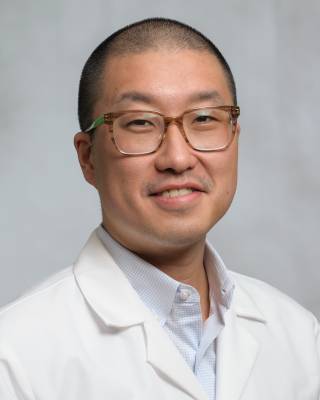
Richard S. Yoon, MD, FAAOS, FAOA, FIOTA
Director, Fellowship
Clinical professor of Orthopaedic surgery, RWJMS Division of Orthopaedic Trauma and Adult Reconstruction
Department of Orthopaedic Surgery
Cooperman Barnabas Medical Center/Jersey City Medical Center
Treasurer, FPA
For most Orthopaedic programs (or residencies in general), this aspect of education is absent and remains a huge need for such a vital part of a trainees’ careers. I was lucky enough to have a mentor who taught me the business side of medicine, and I got involved to pay it forward.
